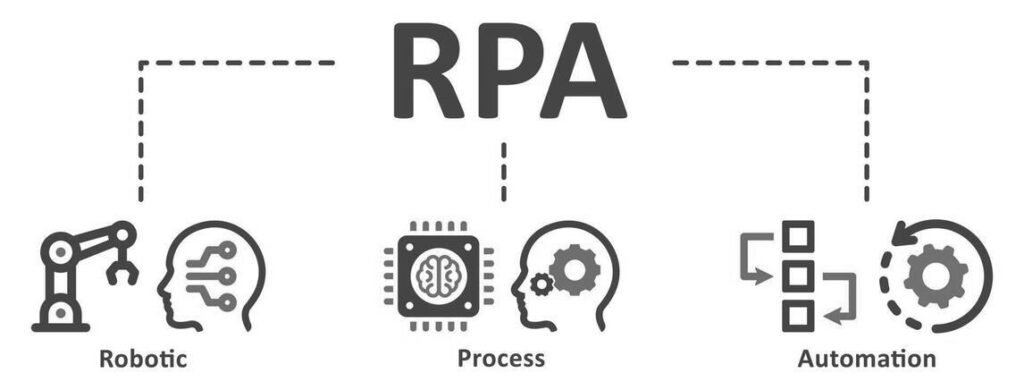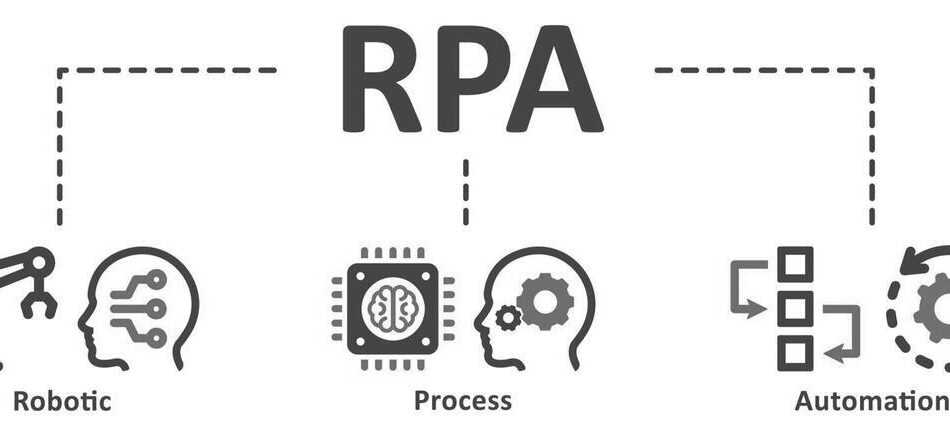
In today’s world, businesses are always looking for ways to increase efficiency and reduce costs. Robotic Process Automation (RPA) is a technology that has gained a lot of attention in recent years due to its ability to automate repetitive and time-consuming tasks. In this blog post, we will explore the power of RPA and how Toolfe, an IT consulting services company, can help transform your business with RPA.
What is RPA?
RPA is a technology that uses software robots or bots to automate repetitive and manual tasks that are usually performed by humans. These bots can be programmed to follow predefined rules and operate on a variety of software applications. RPA can be applied to a wide range of industries and functions, including finance, human resources, customer service, and more.
The Benefits of RPA RPA offers several benefits that can help businesses achieve operational excellence. These benefits include:
- Increased efficiency: RPA can automate time-consuming tasks, allowing employees to focus on more valuable and strategic work.
- Improved accuracy: RPA bots are programmed to follow predefined rules, ensuring accuracy and consistency in tasks.
- Cost savings: By automating repetitive tasks, businesses can reduce the costs associated with manual labor.
- Enhanced customer experience: RPA can help businesses respond to customer inquiries and requests faster and with greater accuracy.
How Toolfe Can Help?
Toolfe is an IT consulting services company that specializes in RPA. They offer a wide range of services, including RPA assessment, design, implementation, and support. Toolfe’s experienced team of RPA experts can help businesses identify opportunities for automation and implement RPA solutions that deliver measurable results.
RPA Assessment
The first step in implementing RPA is to assess the business processes that are suitable for automation. Toolfe’s RPA assessment service can help businesses identify the processes that are most suitable for automation and estimate the potential benefits of implementing RPA.
RPA Design
Once the processes are identified, the next step is to design the RPA solution. Toolfe’s RPA design service involves creating a detailed plan for implementing RPA, including defining the scope of the project, identifying the software and hardware requirements, and creating a roadmap for implementation.
RPA Implementation
The implementation phase involves building and deploying the RPA bots. Toolfe’s RPA implementation service includes configuring the bots, integrating them with existing systems, and testing the bots to ensure they are functioning as intended.
RPA Support
After the RPA bots are deployed, Toolfe provides ongoing support to ensure the bots are operating as intended. This includes monitoring the bots, troubleshooting issues, and providing maintenance and upgrades as needed.
Challenges to RPA Implementation
While RPA offers numerous benefits, there are also some challenges to its implementation. One of the main challenges is identifying the processes that are most suitable for automation. Some processes may be too complex or require too much human judgment to be automated effectively. In addition, some businesses may have legacy systems that are not compatible with RPA, making implementation more difficult.
Another challenge is ensuring that the RPA solution is scalable and flexible enough to adapt to changing business needs. RPA solutions need to be able to handle an increasing number of processes and tasks as the business grows, and they need to be able to adapt to changes in technology and business processes.
Finally, there is the challenge of ensuring that the RPA bots are secure and compliant with data privacy regulations. RPA bots may have access to sensitive data, and it is important to ensure that this data is protected and that the bots comply with regulations such as GDPR and HIPAA.
How Toolfe Addresses These Challenges
Toolfe has extensive experience in addressing the challenges of RPA implementation. Their team of experts can help businesses identify the processes that are most suitable for automation and design RPA solutions that are scalable and flexible enough to adapt to changing business needs. Toolfe also ensures that its RPA solutions are secure and compliant with data privacy regulations.
Toolfe uses a structured approach to RPA implementation that includes assessing the processes, designing the solution, implementing the bots, and providing ongoing support. This approach ensures that the RPA solution is tailored to the specific needs of the business and that it delivers measurable results.
Conclusion
RPA is a powerful technology that can help businesses achieve operational excellence by automating repetitive and time-consuming tasks. However, implementing RPA comes with its own set of challenges. Toolfe, an IT consulting services company, specializes in RPA and has the expertise to help businesses address these challenges and implement RPA solutions that deliver measurable results.



